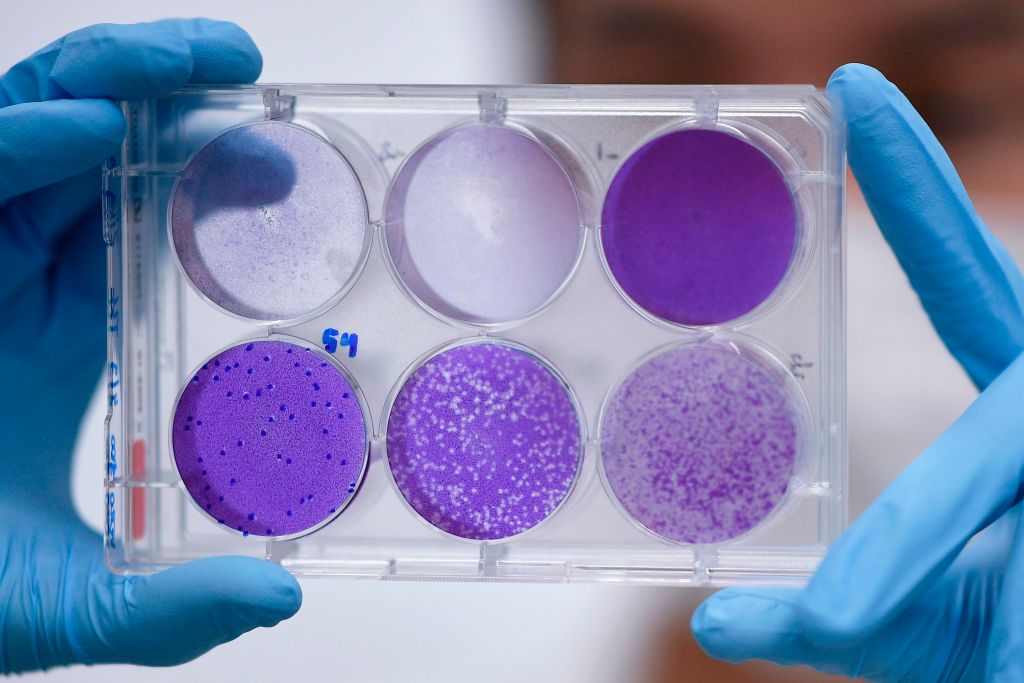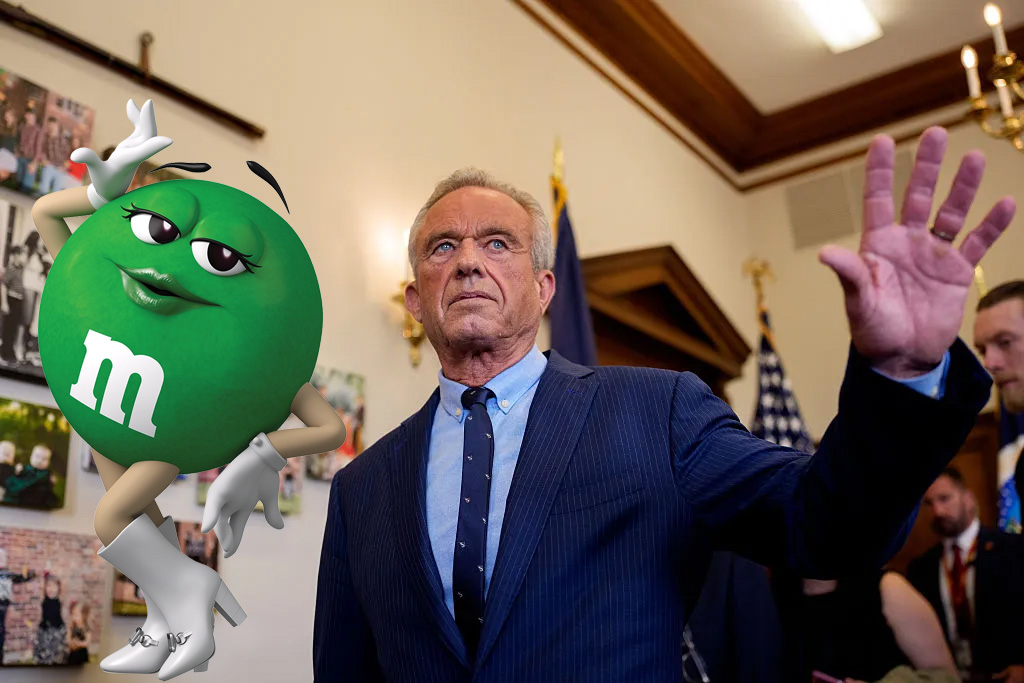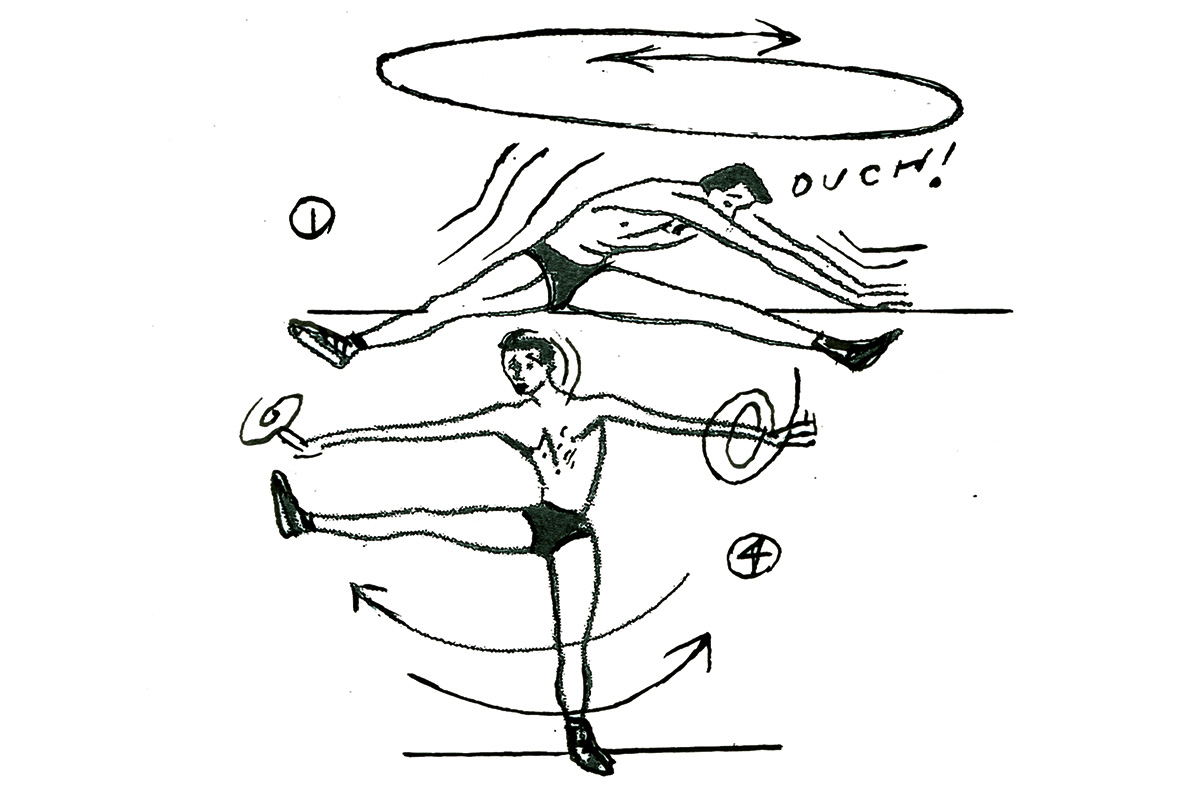As more and more countries expand their testing for COVID-19, from testing for diagnosis and frontline medical staff to the worried well, the surge in demand for test kits has led to global shortages that have left some countries racing to secure supplies. If the world doesn’t get organized, the same will be true of COVID-19 vaccines. More than 62 candidate vaccines are currently in development, but without global coordination, there is a danger that we could end up facing immediate shortages and a vaccine that is merely the first to be approved, rather than the most effective or safest.
We need to set aside nationalistic and financial interests when tackling COVID-19. Instead, we need a global, publicly funded, ‘Big Science’ approach that encourages collaboration and the sharing of information and resources. Like the Human Genome Project, the Large Hadron Collider and other Big Science projects, this approach would allow the world to make significant advances more quickly and efficiently than could be achieved through piecemeal efforts.
The goal is to ensure that we explore all suitable candidate vaccines, not just those with the most funding or the technologies that have the fewest regulatory hurdles. And when we do eventually have vaccines that have proven to be both safe and effective, this approach would allow us to scale-up our manufacturing capabilities worldwide to ensure we have enough doses for everyone who needs them.
The search to find COVID-19 vaccines would differ from other ‘Big Science’ projects in two crucial ways. First, the early research should follow the ideas of individual groups. The first potential coronavirus vaccine (which used a novel scientific method) was produced just days after Chinese scientists published COVID-19’s genome, and the vaccine was ready for trials after 42 days and tested just three weeks after that. Approval for trials of a second vaccine, using a more tested and conventional method, was announced two days later. Since then we have seen an unprecedented response from laboratories across the world. But we cannot take 100 vaccines into late stage clinical trials and start manufacturing. We will need to choose a subset of these to move forward.
Clinical trials are essential for any vaccine, to ensure that it is safe and effective. But they can be incredibly time consuming and cost tens of millions of dollars. Clinical trials are normally carried out sequentially in phases, starting with animal trials, then human trials on a small number of subjects, before progressing to increasingly larger groups. Given the urgent need for a COVID-19 vaccine, we need to look at putting multiple candidate vaccines through clinical trials simultaneously, with different phases carried out in parallel and in a rapid adaptive design, rather than sequentially and across different populations. This would save time without compromising safety and enhance our chances of succeeding more quickly.
Similarly, manufacturing isn’t cheap and can also be time consuming. Existing plants may need to be repurposed; novel new manufacturing measures should be explored. But if we need additional capacity, a single vaccine manufacturing plant can cost half a billion dollars and take many years to build and validate. If we are to have multiple COVID-19 vaccines — and we will almost certainly need more than one — and have them in sufficient quantities to protect everyone that needs it, then a significant proportion of the cost of a global, Big Science project will need to go on manufacturing. While it’s not strictly ‘science’ it’s worth bearing in mind that a significant proportion of the cost of building the Large Hadron Collider went on construction and new technology to measure the results.
The other critical way that this would differ from other Big Science projects is the nature of the goal. Rather than being a purely scientific endeavor aimed at achieving step changes in our understanding of the world, which may potentially benefit humanity in years to come, a Big Development approach to finding a COVID-19 vaccine would be primarily aimed at immediately benefiting humanity, and saving countless lives.
And that is a key aspect of why we need to do this. Because if we let the race continue as it is, it could cost lives and prolong the pandemic. That is why G7, G20 and G77 leaders need to be talking about a vaccine now. They need to work with global institutions like the World Health Organization, which sets global standards, the Coalition for Epidemic Preparedness and Innovation, which supports eight of the 62 vaccine candidates, and Gavi, the Vaccine Alliance, which will help to finance, scale up and ensure equitable access for those living in poorer countries. The UK is a major donor to these institutions, and its support will ensure that we not only get the best COVID-19 vaccines but that they reach everyone that needs them.
It’s clear now that vaccination is the only way to end this pandemic and return to a more normal life, so we need take steps to ensure we don’t have a repeat of what happened in 2009 during the H1N1 swine flu pandemic, where a small number of countries effectively hoarded the global supply of vaccines. Because unless we take a global perspective and everyone is protected, this virus will keep coming back. And in a race like that there are no winners.

























